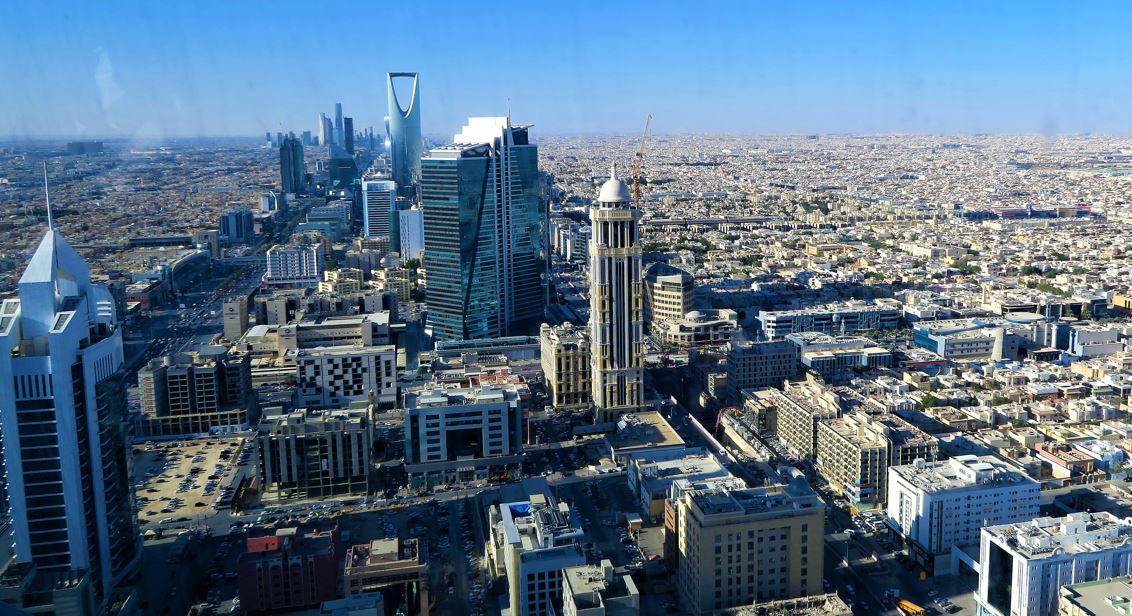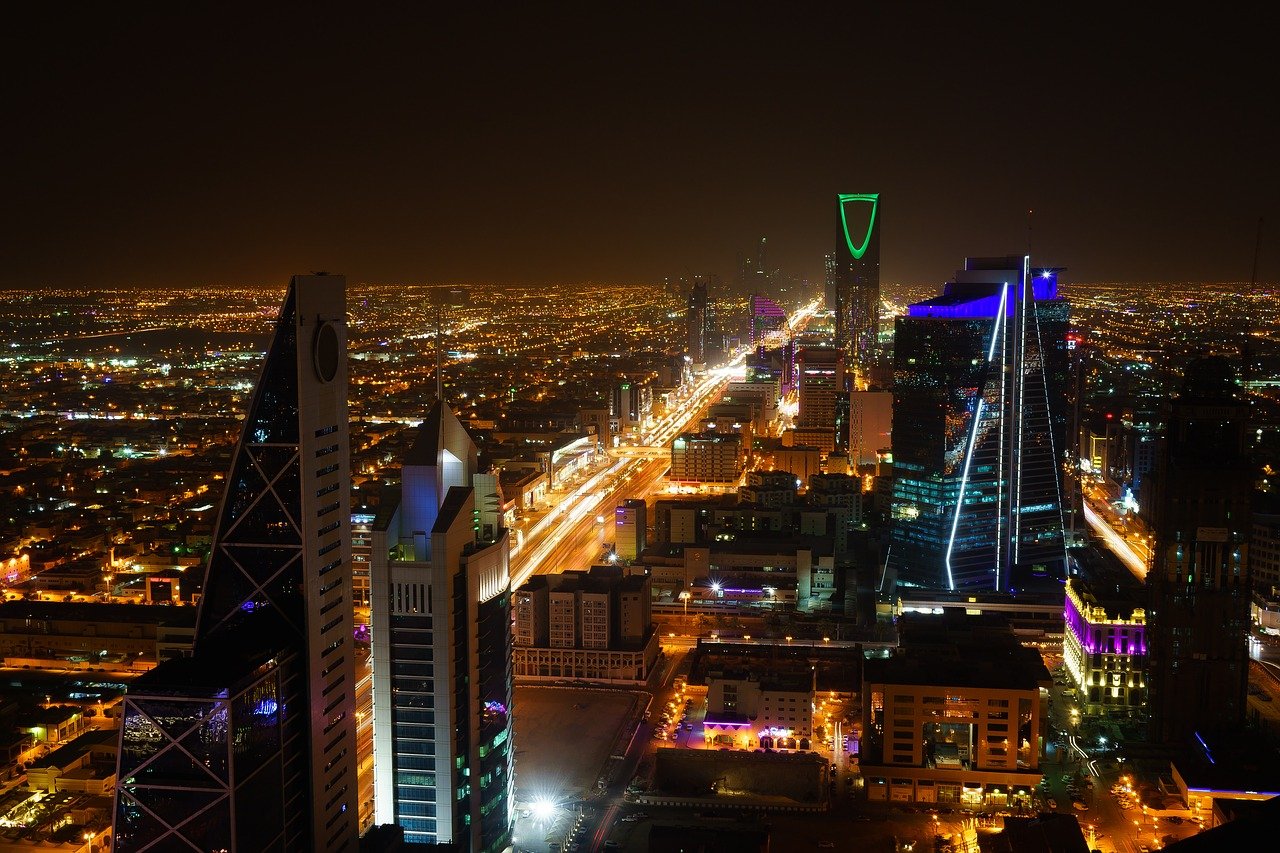
search
search
- Sukuk
- Industry Directory
-
Issued Sukuk Profiles
arrow_drop_down
- RECENTLY UPDATED SUKUK
- First Abu Dhabi Bank 2026
- Islamic Corporation for the Development of the Private Sector 2025
- Al Waseelah (P1 Capital Ltd) 2023
- Kingdom of Bahrain 2027
- Dubai 2030
- Dubai Islamic Bank 2026
- Islamic Development Bank 2025 (June)
- Sharjah 2027
- Islamic Development Bank 2025 (Feb)
- Saudi Arabia 2029
-
Articles
arrow_drop_down
- LATEST ARTICLES
- Cross Border Sukuk Market Fails to Materialise as Issuance Expected to Decline
- Sukuk Innovation Continued in 2020 amid Strong Growth
- Sukuk Issuance in Saudi Arabia
- Islamic Liquidity Management – Murabaha Compliant Liquidity Products
- Asian buyers avoid Dubai Sukuk as Bahrain and IILM also Issue
- Sukuk Issuance Cross $1 Trillion Mark
- Sukuk Market Developing Fastest in Saudi Arabia
- Islamic Development Bank issues US$1.25 billion Sukuk
- Indonesia raises $3bn in Sovereign Sukuk including $1.25bn Green Sukuk
- First British Bank issues Sukuk
-
Education
arrow_drop_down
- LATEST EDUCATION
- Five Important Differences Between Sukuk and Traditional Bonds
- Defaulting on Sukuk: Penalties, and Restructuring
- Shariah Resolutions in Islamic Finance
- How Sukuk and Bond defaults differ - The role of the Trustee and the Purchase undertaking agreement
- Are Sukuk Truly Islamic?
- Sukuk: An Introduction to the Underlying Principles and Structure
- Al Azhar University fatwa allows for fixed returns on Bank deposits
- Why Muslims Reject Interest (Riba)
- The Economic Law of Islam
- Principles Involved in the Acquisition of Wealth in Islam
- Contact Us






